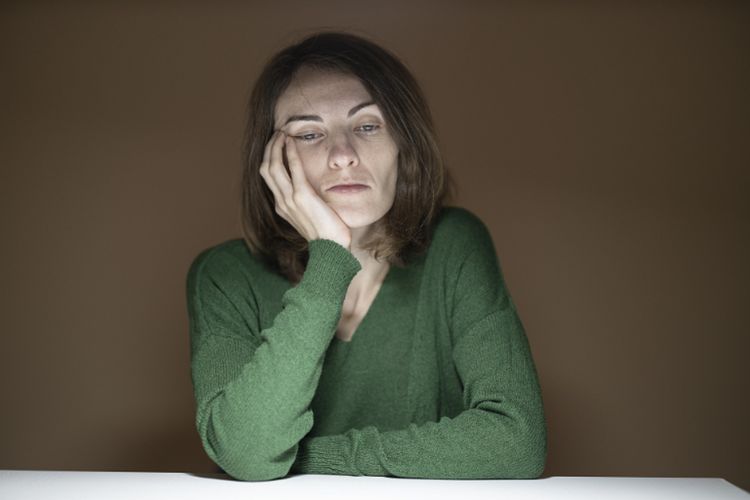A midlife crisis is common for women aged between 35 and their late 40s, who struggle with feelings of depression, emptiness, bewilderment and a sudden desire for change, with no idea where any of it is coming from. It is often a topic of discussion that men suffer from a midlife crisis but it is now being shown that in fact women too, can suffer from a midlife crisis.
There has not been much research on the differences in how men and women go through a midlife crisis, but in a study in 2000 by Elaine Wethington, a sociology professor at Cornell University, found that it was actually more common in women, experienced by 26.3% of women and 25.4% of men
It is a transition in life that was first identified by the psychologist Carl Jung, and usually occurs around significant life events. For example, turning 40 (or 50), your youngest child moving out of home or a death in the family.
These life changing events can bring up a range of emotions and as a result, lead you to feel you are in a crisis.
Signs you might be experiencing a Midlife Crisis
- You consider yourself as an “old person"
- Thinking your best years are behind you
- You feel like you're slowly losing your mind
- Feeling unusually emotional
- Losing your purpose
- Everything feels like a chore
- Experiencing empty nest syndrome
- Feeling depressed with low self-esteem
- Can't sleep through the night
- Have an overwhelming sense of loss
- You become overly concerned about your appearance or you stop caring
What can be done to help a Midlife Crisis?
Apart from the usual tips given to women, which are helpful, like exercise, get a new hobby, etc, there is more that can be done. Addressing your emotions, both current and past is also an excellent way to free yourself of baggage and begin a new and exciting stage of your life.





















